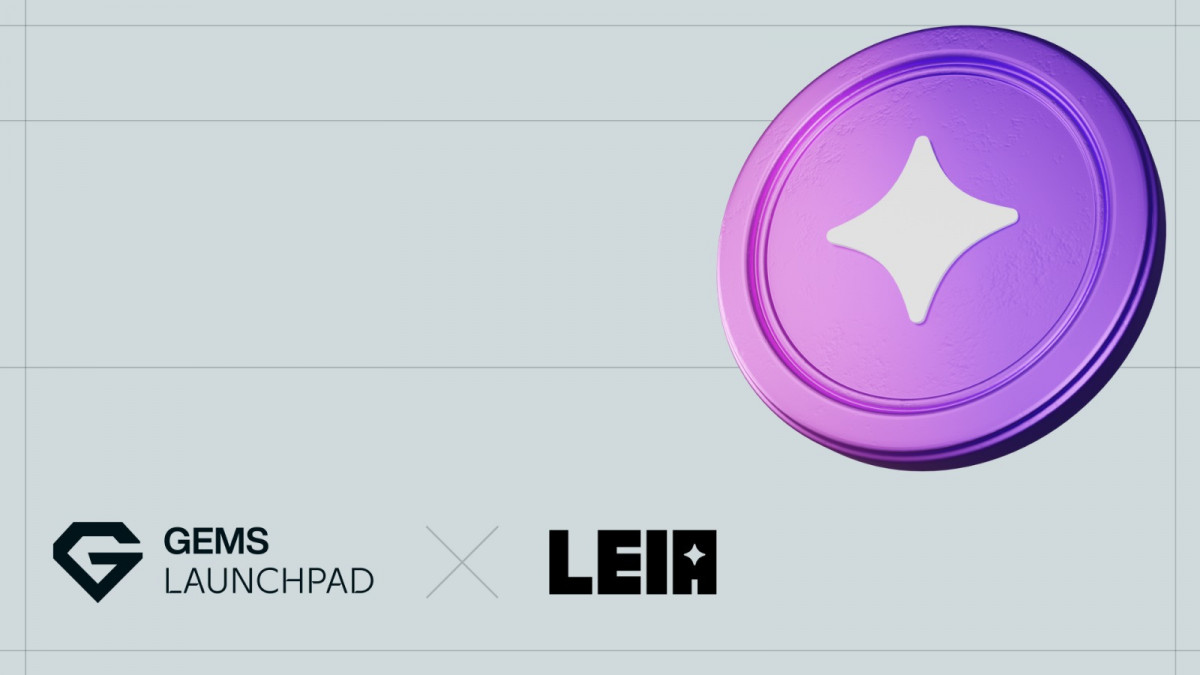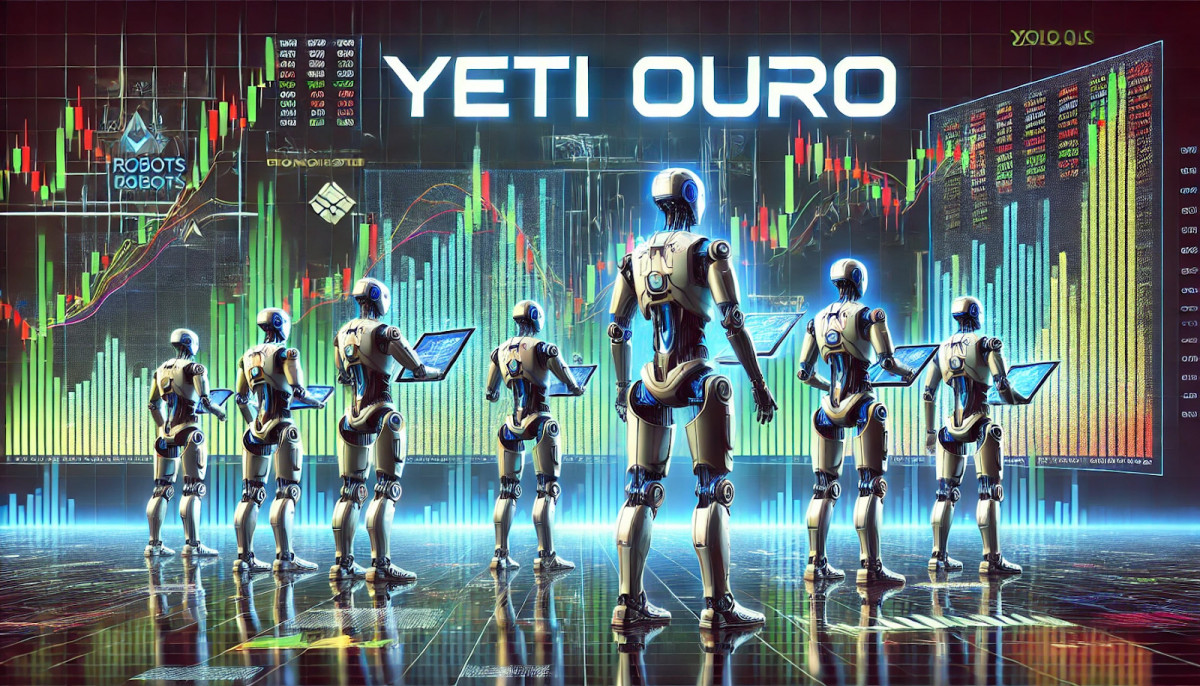In her monthly Expert Take column, Selva Ozelli, an international tax attorney and CPA, covers the intersection between emerging technologies and sustainability, and provides the latest developments around taxes, AML/CFT regulations and legal issues affecting crypto and blockchain.
In June, the United Nations held its “Stockholm+50: a healthy planet for the prosperity of all — our responsibility, our opportunity” event, focused on implementing its Decade of Action to deliver the Sustainable Development Goals, 2030 Agenda, Paris Agreement, and Post-2020 Biodiversity Framework, as well as to encourage a green recovery from COVID-19. The event took place 50 years after the first-ever United Nations Conference on the Human Environment in 1972, giving world leaders the chance to reflect on five decades of environmental action focused on tackling the Earth’s climate, nature and carbon dioxide pollution crises.
My art show “Reef Dwellers” was an associated event at Stockholm+50. It celebrated the role oceans play in everyday life and sought to inspire action to protect reefs, which occupy just 0.1% of global sea surfaces despite supporting more than 25% of marine biodiversity.
Oceans act as large natural carbon reservoirs, absorbing 25% of current annual CO2 emissions and hosting 80% of all life while providing half of the planet’s oxygen. According to the United States National Oceanic and Atmospheric Administration:
“More than 90 percent of the warming that has happened on Earth over the past 50 years has occurred in the ocean.”
The rate at which oceans are warming is equivalent to five Hiroshima atomic bombs being dropped into them every second.
Related: How blockchain technology is transforming climate action
How does blockchain factor into preserving reefs and saving the ocean?
Future Thinkers has outlined several major solutions for how blockchain can help protect the environment.

1. Supply chains
Blockchain technology is being used to improve fish traceability to help stop illegal and unsustainable fishing practices. Fishcoin is a blockchain-based seafood traceability project that “incentivizes supply chain stakeholders to share data from the point of harvest to the point of consumption” to help create a more open, transparent, accountable seafood industry.

Related: Enterprise blockchain to play a pivotal role in creating a sustainable future
2. Recycling | 3. Environmental treaties
Plastic pollution is a global ecological crisis. In a landmark move on March 2, the United Nations Environment Assembly agreed to create a historic international treaty to end plastic pollution. According to the UN, the effort could result in an 80% reduction in the volume of plastics entering oceans by 2040, a 55% reduction in virgin plastic production and a 25% reduction in greenhouse gas emissions. It could also save governments $70 billion by 2040 and create 700,000 additional jobs, primarily in the Global South.
One project addressing the plastic pollution problem is Diatom DAO, which has proposed a tokenized Plastic Removal Credits framework. Its goal is to leverage the capabilities of decentralized finance (DeFi) to build a reliable, verifiable, efficient plastic-removal supply chain that increases recycling, reduces use, funds high-leverage removal projects, establishes new channels of circularity, and drives innovation in new materials.
4. Energy
Since the start of the Industrial Revolution, the ocean has seen a 30% increase in its acidity thanks to the absorption of carbon dioxide. Captura seeks to use solar-powered, floating plants to extract CO2 from the ocean, while Toucan Protocol is building the infrastructure for a carbon market to finance world-class climate solutions in an effort to accelerate the transition to net-zero carbon in accordance with the Paris Agreement.

5. Nonprofits
OceanDrop is a charitable nonfungible token project from the Open Earth Foundation,…
Read More: cointelegraph.com









 Bitcoin
Bitcoin  Ethereum
Ethereum  Tether
Tether  XRP
XRP  Solana
Solana  Dogecoin
Dogecoin  USDC
USDC  Cardano
Cardano  Lido Staked Ether
Lido Staked Ether  TRON
TRON  Avalanche
Avalanche  Sui
Sui  Wrapped stETH
Wrapped stETH  Toncoin
Toncoin  Chainlink
Chainlink  Stellar
Stellar  Wrapped Bitcoin
Wrapped Bitcoin  Shiba Inu
Shiba Inu  Hedera
Hedera  Polkadot
Polkadot  WETH
WETH  Bitcoin Cash
Bitcoin Cash  LEO Token
LEO Token  Hyperliquid
Hyperliquid  Uniswap
Uniswap  Litecoin
Litecoin  Pepe
Pepe  Wrapped eETH
Wrapped eETH  NEAR Protocol
NEAR Protocol  Ethena USDe
Ethena USDe  USDS
USDS  Internet Computer
Internet Computer  Aptos
Aptos  Aave
Aave  Mantle
Mantle  Cronos
Cronos  POL (ex-MATIC)
POL (ex-MATIC)  Render
Render  MANTRA
MANTRA  Ethereum Classic
Ethereum Classic  Bittensor
Bittensor  Monero
Monero  WhiteBIT Coin
WhiteBIT Coin  Virtuals Protocol
Virtuals Protocol  Artificial Superintelligence Alliance
Artificial Superintelligence Alliance  Dai
Dai  Tokenize Xchange
Tokenize Xchange